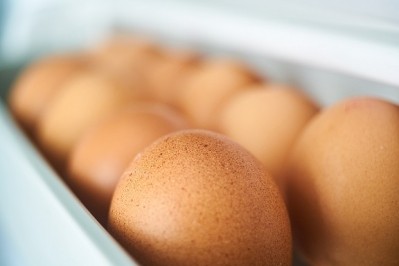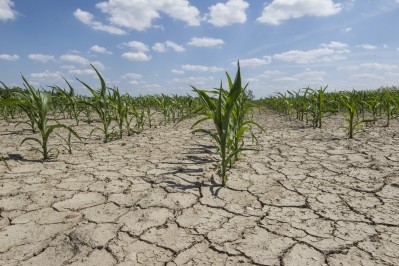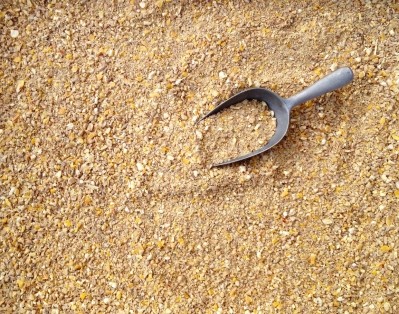South Africa: No let-up in high feed costs post drought, poultry firms challenged

The impact of the challenging market conditions on the integrated poultry producers’ financial results up to the end of June was more severe than originally anticipated.
Management had already alerted shareholders in related to the tough trading environment back in May, when it released its interim results for the six months up to March 2016.
“Feed costs have continued to escalate following the impact that the drought had on the local maize crop. This is expected to continue into 2017 until projections of a better maize crop for the new 2016-2017 planting season materialize.
“During this period there were also record levels of poultry imports which added to the existing surplus of poultry stock in the country. This, together with a consumer market that is under pressure, resulted in downward pressure on selling,” reported the Pretoria headquartered company in the latest update today.
Astral Food’s feed business, Meadow Feeds, produces in excess of 1.3m tons of feed a year.
The South African operations of the divison consist of mills located in Standerton, Randfontein, Delmas, Paarl, Port Elizabeth, Pietermaritzburg and Ladismith.
These seven strategically placed feed mills are well equipped to produce and distribute a wide range of specialised products for all commercially farmed animal species.
The other African operations consist of a feed mill in Lusaka in Zambia and an 80% shareholding in a mill in Maputo in Mozambique.
Astral Foods also holds a 25% stake in Provimi SSA (Pty) Limited, which manufactures and markets vitamin and mineral pre-mixes for animal feed as well as a wide range of feed additives, commodity and speciality raw materials.
Severe financial distress
Astral reported that a number of mid to large-sized independent poultry producers are showing severe financial distress due to the challenges; it noted many of those companies are currently either in the process of closing down, or going into business rescue.
Management at that group said they have implemented an import program for maize to mitigate the risk of physical shortages of the commodity as well as to counter the continuous cost increases of local maize.
They have also been forced to introduce further and more severe cut-backs in the poultry production chain, in order to have stock at manageable levels and to address the oversupply situation.
They said these measures will also see workers’ hours scaled back.
“If no relief is forthcoming from the key contributors to the current devastating circumstances being experienced by the poultry industry, more permanent downsizing of production will have to be considered in order to adapt to the current market circumstances,” warned Astral.
The company said no guidance on the impact of trading conditions on the overall results for the year can be given at this point in time.
Expansion mode
A Rabobank report in May noted record high poultry production levels in South Africa.
“Contrary to what happened in the previous years, the industry is again in an expansion mode, with ongoing production growth: Q4 2015 +2.1%, Q1 2016 +4.4%, and Q2 2016 +3.7%.
“At the same time imports have reached the highest ever Q1 level of 120,000 tons. The arrival of the first shipments of US chicken for the 65,000 ton quota, [and] also rising ongoing imports from the Brazil and the EU are playing important roles,” said the analysts.
Market recovery
They said the outlook remained challenging with further hikes in feed prices likely. But the researchers said some relief will come about from the impact of stock liquidation in cattle in South Africa as a result of the drought.
Nan-Dirk Mulder, senior protein analyst at Rabobank, told us in May that South African [and Brazilian] chicken producers would have to be disciplined on production to enable market recovery, given the current oversupply risks.
Fortunately, he said, the short production cycle of poultry facilitates such salvaging action.
And, according to Mulder, the new maximum brine limits for chicken in South Africa will lead to a need for more domestic supply.








